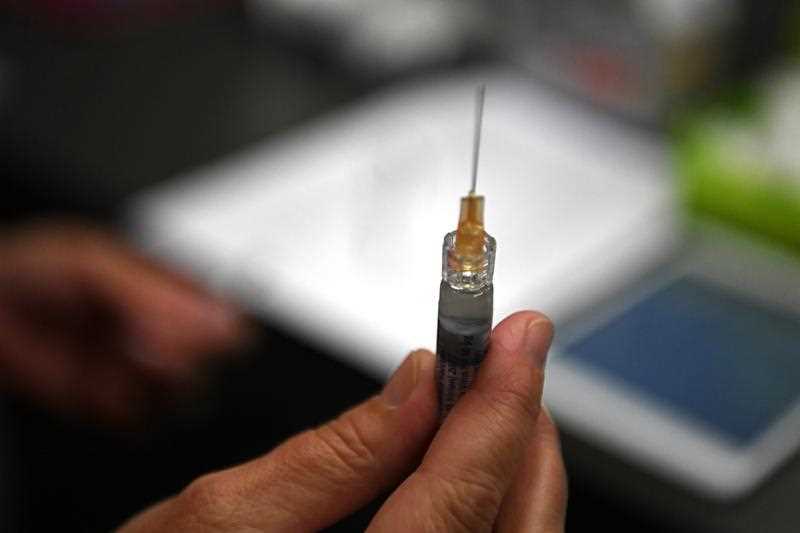Australians now have cheaper access to treatments for breast cancer, spinal muscular atrophy and the painful inflammatory condition Eosinophilic oesophagitis (EoE) following new Pharmaceutical Benefits Scheme listings.
EoE causes difficulty swallowing and chest discomfort, affecting an estimated 2,000 people nationally.
However, outgoing federal Health Minister Greg Hunt says instead of paying up to $5,000 a year for EoE medication budesonide, patients will spend $42.50 per script or $6.80 with a concession card after its listing on the PBS.
Gastroenterologist Sanjay Nandurkar from Melbourne’s Eastern Health says treatment is crucial to prevent permanent damage to the oesophagus.
“Due to the complexity of EoE, it can take up to six years from symptom onset to diagnose the disease in adults, and may result in anxiety and/or depression in some patients,” he said.
“If left untreated, 30 to 50 per cent of people living with EoE are at risk of food suddenly becoming stuck in the oesophagus (food impaction), which may require removal in the emergency department.”
A similar PBS listing for the treatment of spinal muscular atrophy (SMA) in young children and pre-symptomatic patients will save Australian families more than $2.5 million annually.
Antibody drug sacituzumab govitecan will also save triple negative breast cancer patients about $80,000 per course of treatment.
Mr Hunt says the new listings are among 2,900 the government has approved since 2013 and continue its commitment to ensuring Australians can access treatments without huge out of pocket costs.
Buprenorphine, sold as Buvida and Australia’s first long-acting treatment for opioid dependence, is now also available to more patients following an extension of its indication on the PBS.
SMART Recovery Australia welcomed the news on Sunday.
“We are fortunate to live in a country that invests in supporting this community through national support programs and holistic support,” executive director Ryan McGlaughlin said.
Mr McGlaughlin said the extension would also mean improved flexibility for patients with more time to find work or study and contribute to society.



